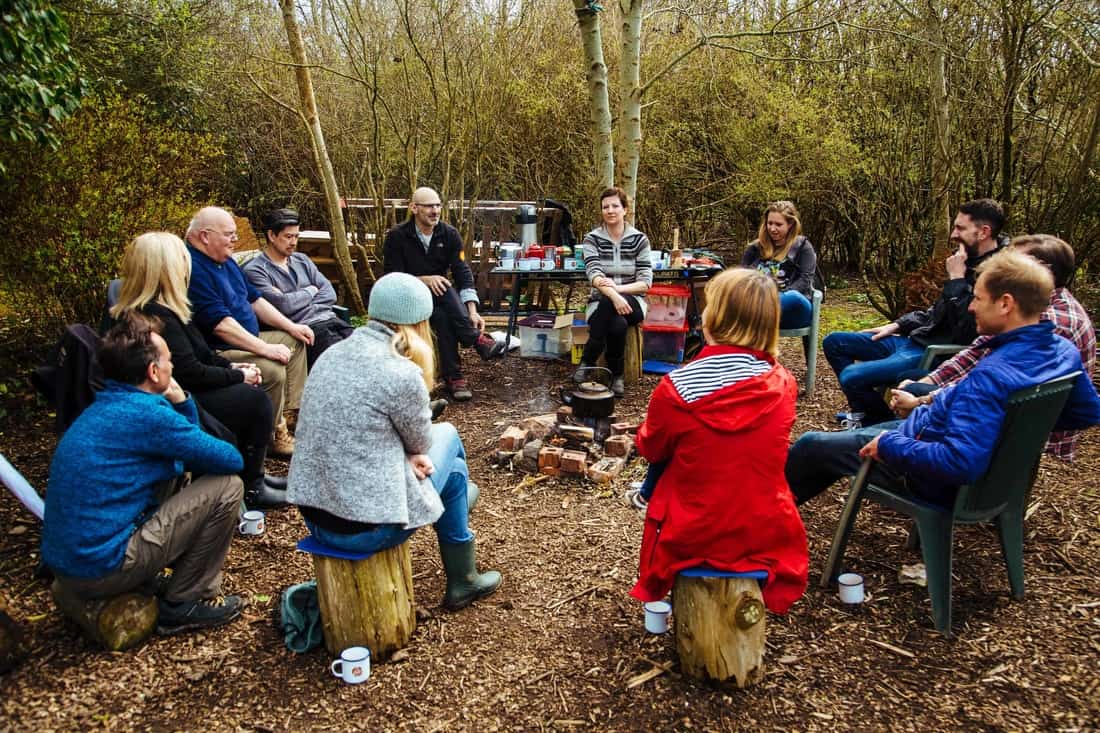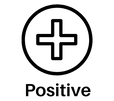|
Technology now enables anyone to run a business wherever, and however, you choose. Coupled with a fundamental shift in attitudes to work, it’s clear that the very concept of what a ‘team’ means in the modern organisation is changing dramatically. As CEOs and team leaders you ignore these developments at your peril. How can you embrace these changes and continue to create happy, productive and successful teams in the 21st century? asks Lauren Psyk Remote workers at a co-working space: Photo: Shridhar Gupta/Unsplash Read time: 4 mins In 2019, people no longer ‘go to work’ in the same way they used to - in fact, you could say work is no longer a place, but a space. Business teams are not just spread across a city, but often across the globe. Many employees now enjoy flexible and remote working, which can no longer be seen as a perk but a central part of working life. The digital world is not the only driver for this change in where and when we work. There has also been a dramatic shift in our very attitudes to our careers. Increasingly, salary is not seen as the key marker of success. Goals for career fulfilment now include being valued as an individual, working fewer hours, protecting your mental health and working for a more socially responsible organisation. When looking for new roles, a positive work/life balance comes before salary or career progression as one of the most important things employees seek. Bestselling books such as The 4-Hour Work Week promote the idea of living more and working less. Alongside this, social media means your employees are all busy cultivating a strong ‘personal brand’ online and individualism is valued above all else. In recruitment, the power is increasingly held by the applicants, who see themselves very much as their own brands and are asking: “Does this company fit with my values and my ethos? Can they give me the work fulfilment I’m after?” If you can’t deliver the lifestyle that a talented, young graduate is looking for, there are plenty of other creative, forward thinking startups and organisations who can. This melting pot of values and expectations means that the very nature of a ‘team’ in the workplace is changing. Millennials want - and thrive in - an environment that doesn’t have a hierarchical structure. Instead, they want a workplace that is democratic; where they are valued as individuals; where they can add real, tangible value to the business and where they are recognised for doing so. What does this mean for team management? As a forward thinking leader you need to throw out past, outdated ideas of how a team should function, which don’t fit the modern workplace either in a physical or cultural sense. 44% of millennials say a flexible schedule is their ideal work arrangement so they can work smarter and more efficiently. Numerous surveys and studies have shown the tangible benefits of offering flexibility. Being able to attract and keep the best talent, having a happier, more productive workforce, greater engagement, better performance and more creativity are just some of the rewards to be gained. Culture change However, don’t be fooled into thinking all you need to do is give each of your staff a laptop. The bigger picture is organisation-wide culture change, which makes your workplace more democratic and allows more autonomy in the way people work. You need to think differently about how roles are defined and how teams are managed. Do you need all those layers of management? What if everyone were treated more equally? Instead of rigid job descriptions, how about allowing your staff to develop their own roles and define what success looks like for them within the business? Innovative companies like Google and Logitech are enabling employees to craft their own jobs, leading to happier and more effective staff. The importance of developing a culture of trust where staff are not micromanaged but feel empowered to add value and reach their potential cannot be overstated. What does this mean in practice for you as CEOs and leaders? Changing the culture of your organisation to keep up with modern demands is a long term project that can’t be achieved overnight. The good news is you can begin to make practical changes right away - here are just a few ideas to make sure you’re moving with the times:
Brand new for 2019: Get Away from the Office If you want to think further about these ideas, whilst boosting your team’s creativity and decision-making, get away from the office and come and sit around a fire in the wild, with likeminded business founders, owners and leaders, for a facilitated programme of inspiration, reflection and headspace. It'll help you be a stronger 21st century leader, give you a powerful peer network to support you, and provide positive creative energy for transformational change. ¥ Harvard Business Review (2017)
BioScience Vol 65, Iss 12 Atchley RA, Strayer DL, Atchley P (2012) Creativity in the Wild Royal Society (2013) Comments are closed.
|
Author & CuratorNigel Berman is the founder of School of the Wild. Archives
March 2024
|
Leaders |
About Us
Support |
|





 RSS Feed
RSS Feed



